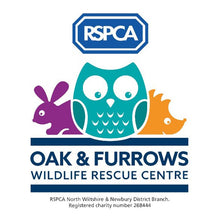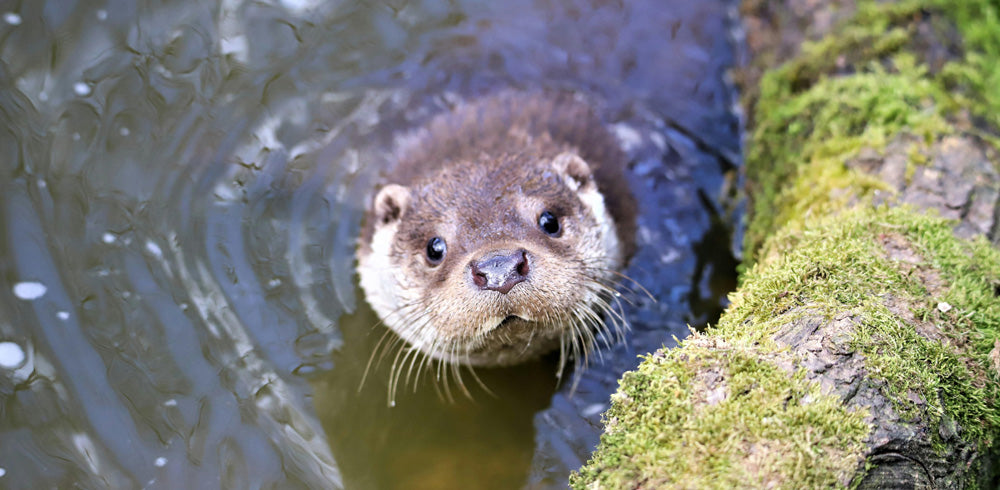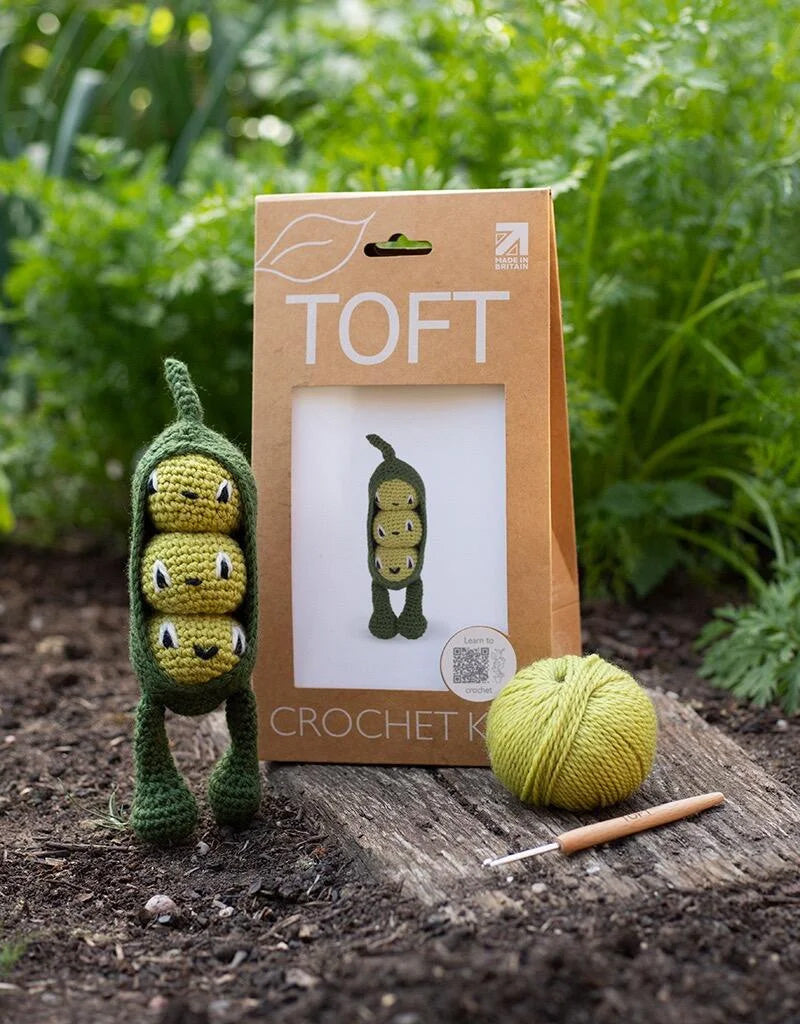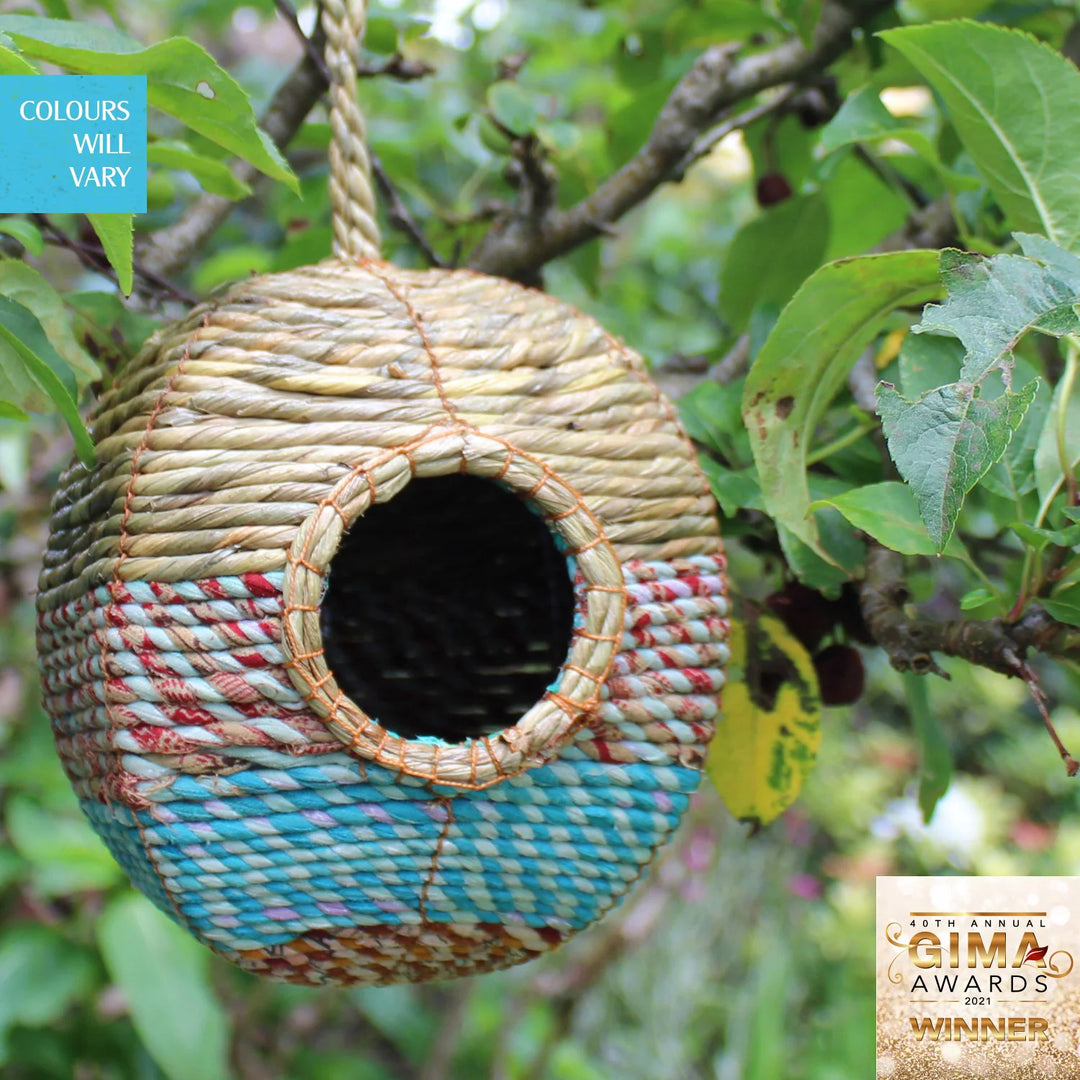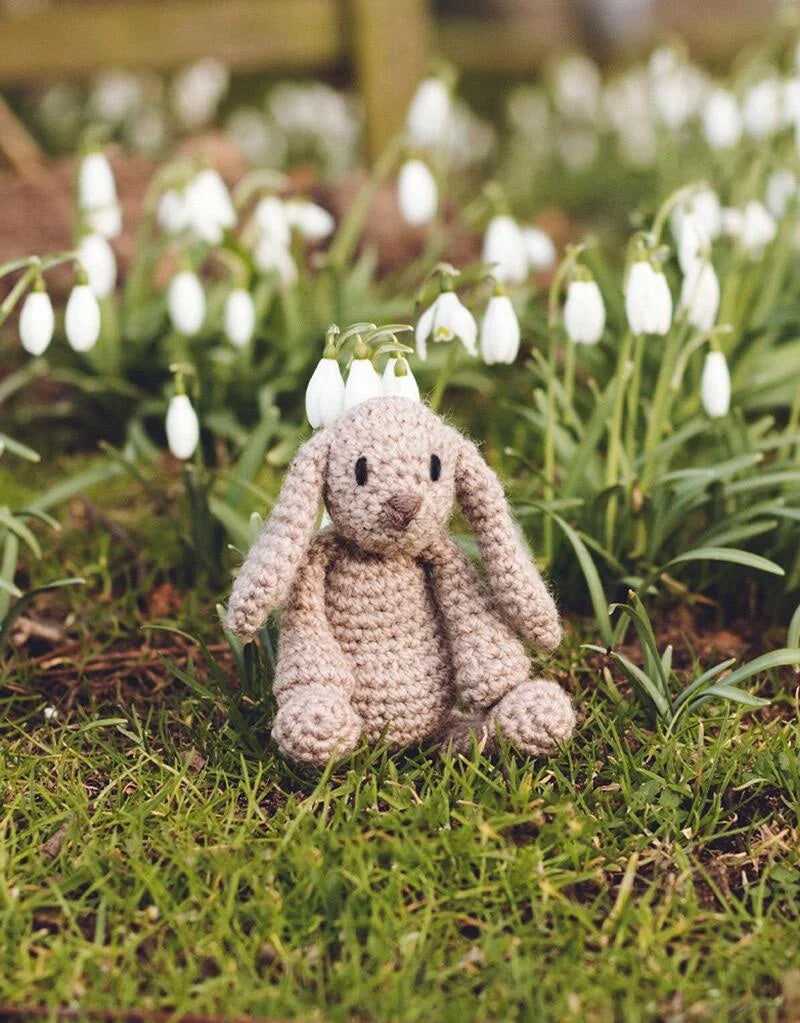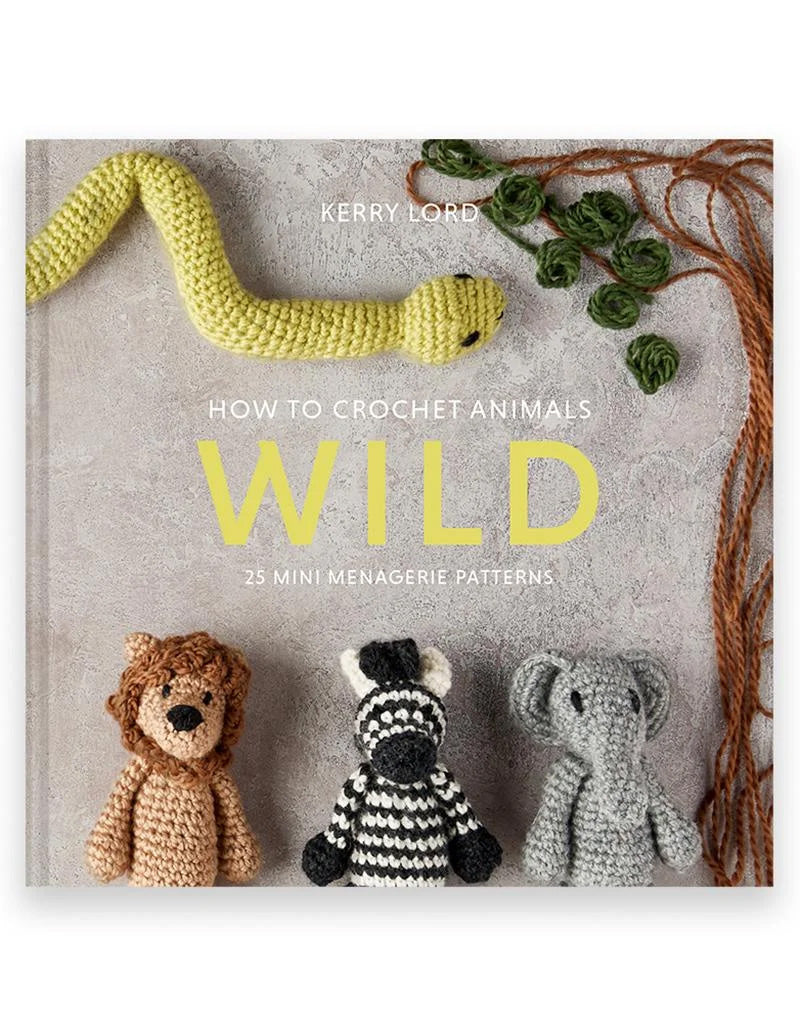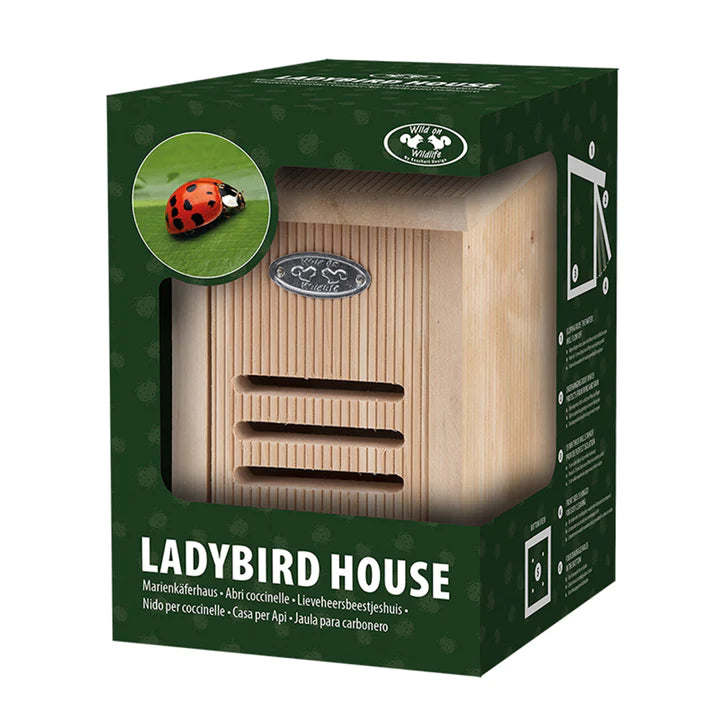Otters
Otters in the UK play a vital role in the ecosystem. These semi-aquatic mammals are known for their playful nature and sleek bodies, making them a popular sight for wildlife enthusiasts. However, otters in the UK face a number of challenges, including habitat loss, pollution, and conflicts with farmers. In this article, we will explore the habitat, diet, hibernation habits, and conservation status of otters in the UK.
Habitat: Otters in the UK can be found in a variety of habitats, including rivers, lakes, marshes, and coastal areas. They are excellent swimmers and are well adapted to life in the water. Otters have webbed feet and a streamlined body that allows them to move effortlessly through the water. They are also capable of diving to great depths in search of food.
One of the key threats to otters in the UK is habitat loss. As urbanization and agriculture continue to encroach on natural habitats, otters are losing the places they need to live and breed. Pollution from agricultural runoff and industrial waste also poses a significant threat to otters, as it can contaminate their food sources and waterways.
Diet: Otters in the UK are carnivorous and primarily feed on fish. They are skilled hunters and use their sharp teeth and strong jaws to catch and eat their prey. Otters are also known to eat a variety of other aquatic animals, including crabs, frogs, and small mammals. In some cases, otters have been known to raid fish farms, which can lead to conflicts with farmers.
Otters have a high metabolic rate and need to consume a large amount of food to fuel their energetic lifestyle. They are opportunistic feeders and will take advantage of whatever food sources are available to them. Otters have a keen sense of smell and excellent eyesight, which helps them locate prey in murky waters.
Hibernation: Otters in the UK do not hibernate like some other mammals, but they do enter a state of torpor during the winter months. During this time, otters may become less active and spend more time resting in their dens. Otters rely on their thick fur and layer of blubber to keep them warm in cold water, allowing them to continue hunting and feeding throughout the winter.
Endangered: Otters in the UK were once on the brink of extinction due to hunting and habitat destruction. However, thanks to conservation efforts and legal protections, otter populations have rebounded in recent years. Otters are now a protected species in the UK, and it is illegal to harm or disturb them in any way.
Despite this progress, otters in the UK still face threats from pollution, habitat loss, and climate change. Conservationists are working to protect and restore otter habitats, as well as raise awareness about the importance of these charismatic mammals. By taking action to address these threats, we can ensure that otters continue to thrive in the UK for generations to come.
In conclusion, otters in the UK are fascinating creatures that play a vital role in the ecosystem. These semi-aquatic mammals are well adapted to life in the water and are skilled hunters. However, otters face a number of challenges, including habitat loss, pollution, and conflicts with farmers. By learning more about otters and supporting conservation efforts, we can help protect these amazing animals for the future.
Habitat: Otters in the UK can be found in a variety of habitats, including rivers, lakes, marshes, and coastal areas. They are excellent swimmers and are well adapted to life in the water. Otters have webbed feet and a streamlined body that allows them to move effortlessly through the water. They are also capable of diving to great depths in search of food.
One of the key threats to otters in the UK is habitat loss. As urbanization and agriculture continue to encroach on natural habitats, otters are losing the places they need to live and breed. Pollution from agricultural runoff and industrial waste also poses a significant threat to otters, as it can contaminate their food sources and waterways.
Diet: Otters in the UK are carnivorous and primarily feed on fish. They are skilled hunters and use their sharp teeth and strong jaws to catch and eat their prey. Otters are also known to eat a variety of other aquatic animals, including crabs, frogs, and small mammals. In some cases, otters have been known to raid fish farms, which can lead to conflicts with farmers.
Otters have a high metabolic rate and need to consume a large amount of food to fuel their energetic lifestyle. They are opportunistic feeders and will take advantage of whatever food sources are available to them. Otters have a keen sense of smell and excellent eyesight, which helps them locate prey in murky waters.
Hibernation: Otters in the UK do not hibernate like some other mammals, but they do enter a state of torpor during the winter months. During this time, otters may become less active and spend more time resting in their dens. Otters rely on their thick fur and layer of blubber to keep them warm in cold water, allowing them to continue hunting and feeding throughout the winter.
Endangered: Otters in the UK were once on the brink of extinction due to hunting and habitat destruction. However, thanks to conservation efforts and legal protections, otter populations have rebounded in recent years. Otters are now a protected species in the UK, and it is illegal to harm or disturb them in any way.
Despite this progress, otters in the UK still face threats from pollution, habitat loss, and climate change. Conservationists are working to protect and restore otter habitats, as well as raise awareness about the importance of these charismatic mammals. By taking action to address these threats, we can ensure that otters continue to thrive in the UK for generations to come.
In conclusion, otters in the UK are fascinating creatures that play a vital role in the ecosystem. These semi-aquatic mammals are well adapted to life in the water and are skilled hunters. However, otters face a number of challenges, including habitat loss, pollution, and conflicts with farmers. By learning more about otters and supporting conservation efforts, we can help protect these amazing animals for the future.

